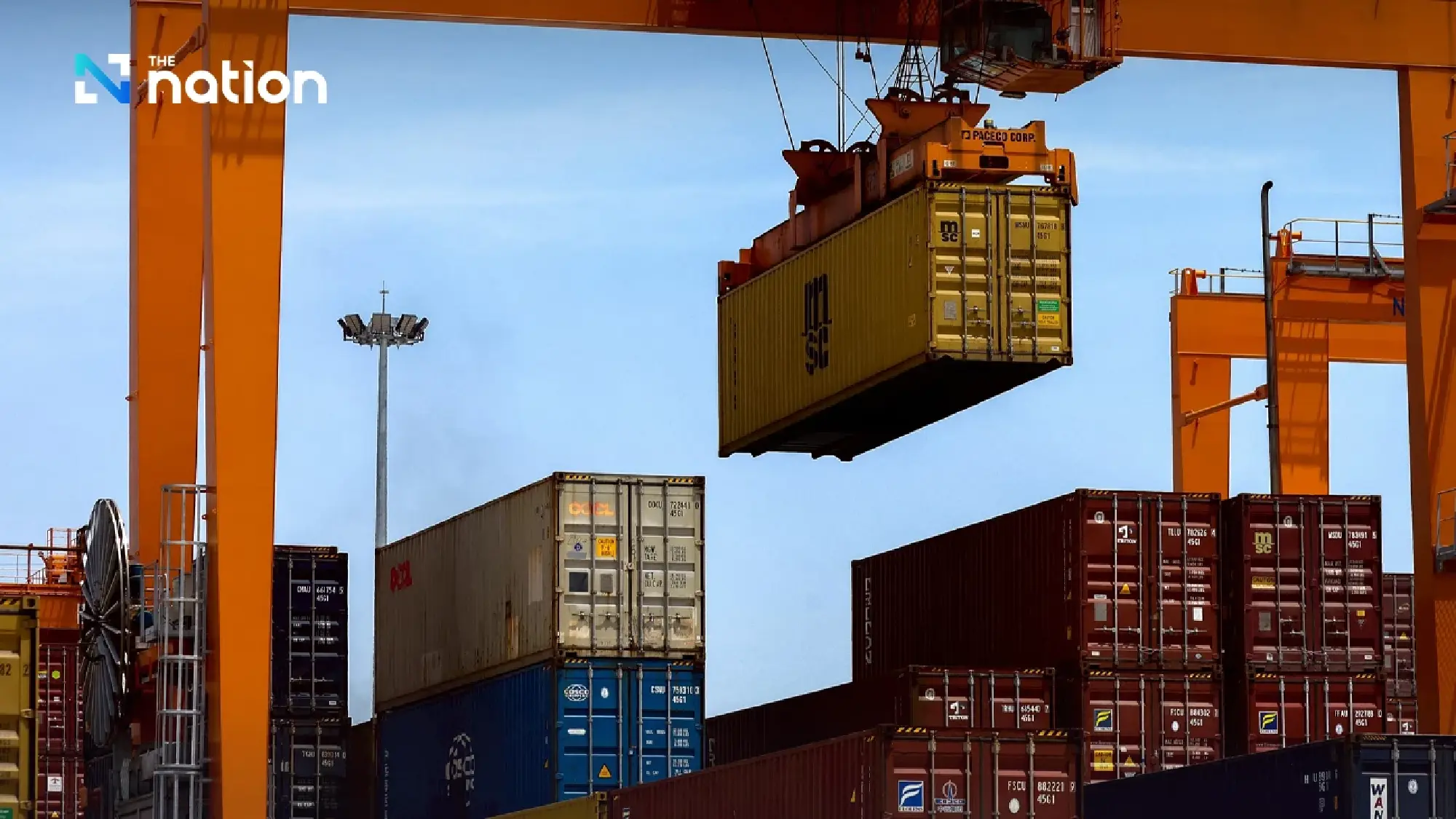FTI tables five proposals to promote industry
Kriengkrai Thiennukul, chairman of the FTI, said the organisation has put forward five urgent proposals to strengthen the industrial sector.
1. Coping with US tariffs and trade war
Kriengkrai stressed the need for clear guidance on US import tariffs and local content rules, as well as relief measures for industries that cannot comply.
Currently, Thailand faces a 19% tariff on certain goods, with a 40% rate applied in cases of third-country circumvention or transshipment, subject to US Customs and Border Protection (CBP) verification.
The FTI urged the government to establish advisory bodies on regional value content (RVC) calculations, help businesses adjust supply chains, and promote “Made in Thailand” (MiT) products to reduce vulnerability.
2. Supporting SME liquidity
The second proposal calls for stronger financial support and easier access to funding for SMEs, which remain highly vulnerable. The influx of cheap imported goods is already hitting 24 SME sectors and could rise to 30 if the situation persists.
As of June 2025, SME non-performing loans stood at 243 billion baht, while total SME debt reached 3.1 trillion baht — equivalent to more than 90% of GDP in household debt. The FTI called for targeted solutions such as debt haircuts and credit expansion.
3. Cutting energy costs
High energy prices are driving up costs for both businesses and households. The FTI opposes forcing private operators to use expensive imported gas, warning that this would not solve the electricity price problem.
It urged the government to complete a new Power Development Plan (PDP) by the end of 2025 to ensure fair pricing, environmental sustainability and energy security.
Proposals include restructuring electricity tariffs and cutting the electricity security deposit requirement to 0.5 times for users with strong payment records, easing financial burdens and improving liquidity.
4. Easing border trade disruptions
To mitigate the impact of Thai–Cambodian border tensions, the FTI recommended reducing logistics costs by expanding existing routes, increasing coastal shipping via Chanthaburi and Trat, and permitting imports and exports of raw materials and components through non-conflict checkpoints.
In the short term, it proposed soft loans to maintain liquidity for SMEs trading with or investing in Cambodia. In the long run, it called for legal, secure, and mutually beneficial economic linkages once stability returns.
5. Managing the strong baht
Finally, the FTI expressed concern over the baht’s rapid appreciation — the strongest in the region compared with competitors such as Vietnam and Indonesia. It urged the government to distinguish between factors such as gold transactions, cryptocurrency flows, and unregulated remittances by migrant workers.
The FTI also recommended promoting the use of local currencies in ASEAN+3 trade, and supporting hedging tools like FX options and forward contracts with fee-reduction measures.
Although the Bank of Thailand is already managing currency issues, the baht remains unusually strong despite interest rate cuts. Economists have suggested the appreciation may be linked to an abnormal surge in exports, prompting calls for closer scrutiny of the situation.

FTI flags unusual gold exports, urges separate forex accounts
FTI has raised concerns over a sharp surge in Thai gold exports to Cambodia. Data from the Customs Department and the Commerce Ministry showed exports worth 100.5 billion baht last year, with figures for the first seven months of 2025 already between 67–71 billion baht. In July alone, exports totalled 8 billion baht.
The FTI said such unusual growth could be a factor behind the baht’s abnormal appreciation. It suggested the government consider creating separate foreign exchange accounts for certain types of transactions to ease pressure on the currency.
Strong baht hits exports, tourism, competitiveness
The stronger baht has dealt a heavy blow to Thailand’s export and tourism sectors, as well as to overall competitiveness — key drivers of the economy.
Compared with Vietnam, whose currency has weakened by about 3%, the Thai baht has strengthened nearly 8%, making Thai products more expensive and less competitive in global markets.
The FTI argued that an appropriate exchange rate should be in the range of 34–35 baht per US dollar, which would balance the interests of both exporters and importers.
Anutin has pledged to consider the FTI’s recommendations and work closely with industry leaders on economic recovery measures over the next four months, noting that the industrial sector remains one of the three pillars of Thailand’s GDP.

